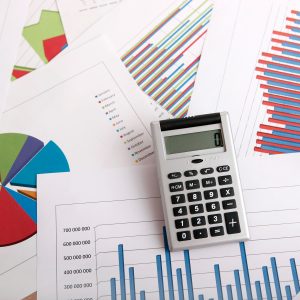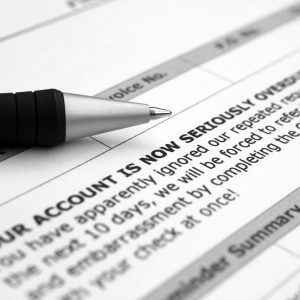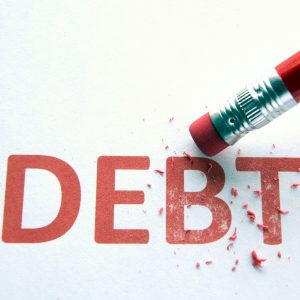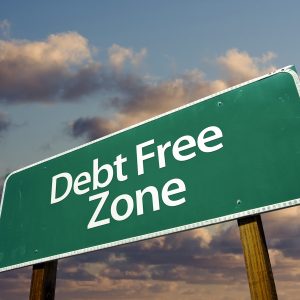Make a List of All Your Debts

Write out each debt that you have. This will help you determine the debts that you have, those that need clearing and will avoid missing something that is extremely important.
You will also know the amount that you need to spend each month to clear minimum balances or loan repayments.
Determine the Most Important Ones

Some debts are more important than others. For example, your mortgage has to be paid otherwise you will lose your house. Your student loan on the other hand isn’t as important.
This is only payable once you start earning a set amount, has little interest and will wipe out even if unpaid after a set period of time. Knowing the important ones will help you stay on track of paying them.
Make a Note of Due Dates

Your credit card company will send a statement each month with a date of when your minimum payment is due. If you have a mortgage or other long term loan, you will have a due date for each repayment.
Make a note of these dates so that you stay on top of them when creating your budget. You want to avoid being late on any of them – you may not lose your house for a late credit card payment but you will harm your credit rating.
Check the Balances

Avoid going over your allowed maximum balances. If you have, these are the debts that you need to start working on first.
Going over your maximum balance shows that you are living beyond your means and that you are struggling just to pay off the current amount.
You will need to pay off more than the minimum repayment to get you under your maximum allowance.
Create a Budget

Now it is time to create a budget to make sure you live within your means and start clearing your debts. It shows you the amount that you have coming in and the amount going out.
The money left over, after bills, food and other necessary payments, is available for clearing debts, saving for the future and any luxury items.
Paying Debt vs. Saving

Savings accounts have very little interest so if you’re in debt, you’re better off paying that first.
However, you want to avoid getting into more debt so save a little of your disposable income for any emergencies.
Work On One Debt at a Time

Make sure you stick to your minimum repayments on the other debts but for one of the debts pay a bigger chunk off.
The smaller debt is better since you will be able to clear it sooner and will see that it is possible to get out of debt without taking out a loan.